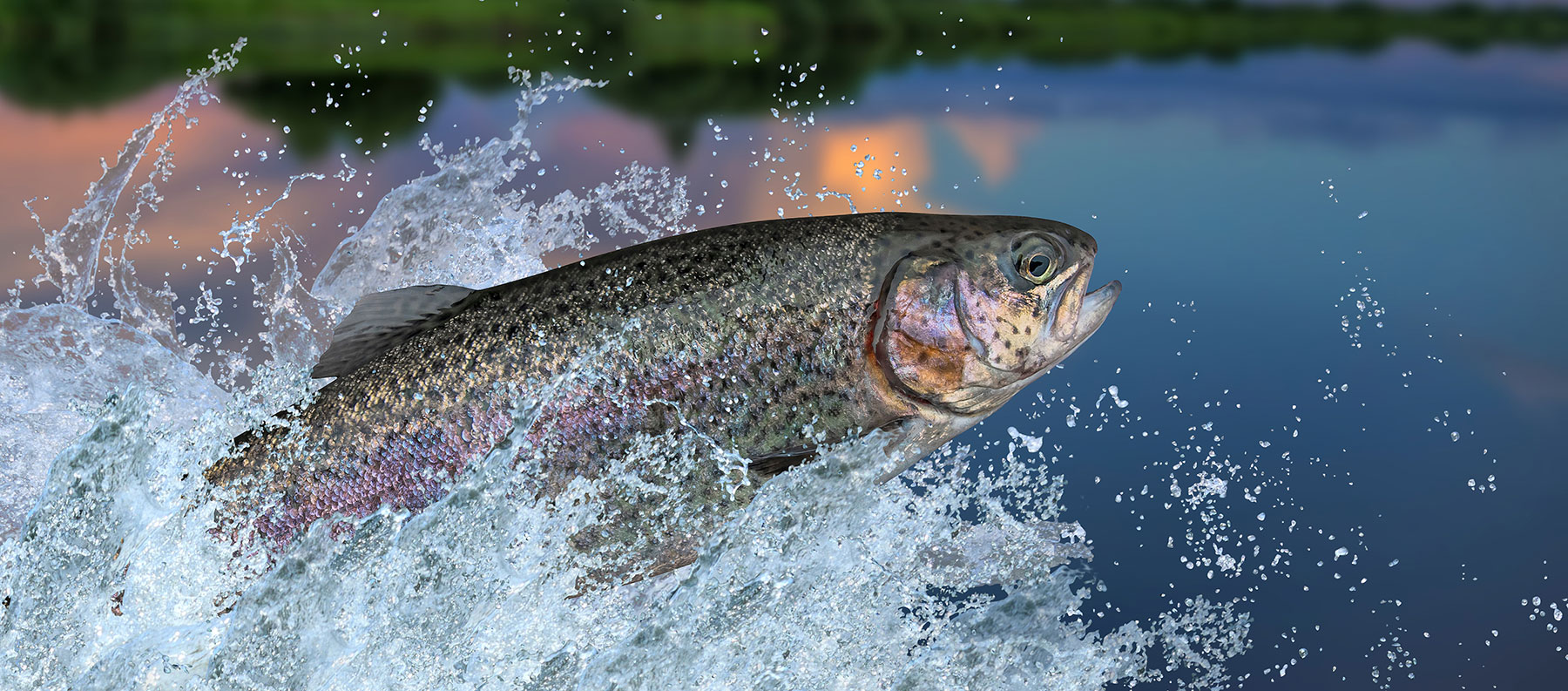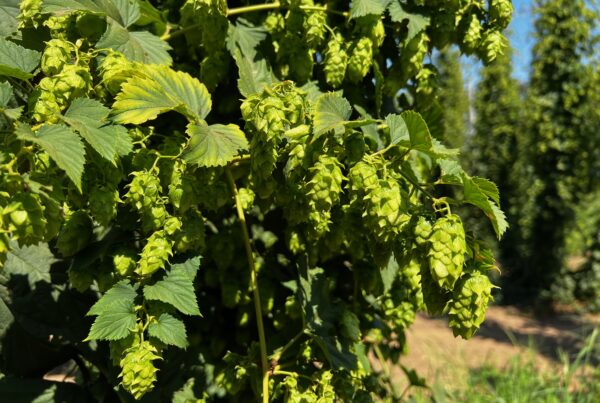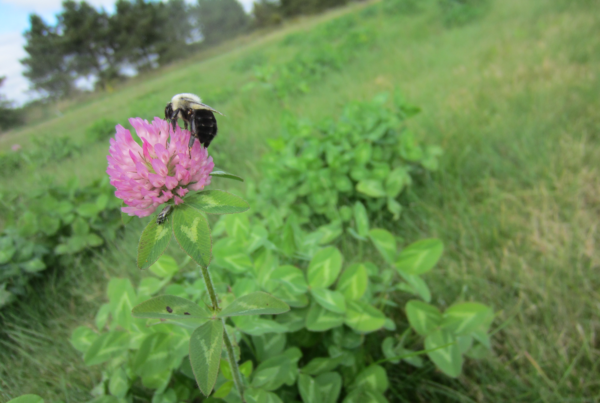Salmonids are a family of ray-finned fish including salmon, trout, chars, freshwater whitefishes, and graylings. Breeding Insight supports two species of salmonids: rainbow trout and North American Atlantic Salmon.
Rainbow trout is one of the most widely cultured finfish, with production on every continent except Antarctica. They are cultured in both marine and freshwater environments for production as food fish or in support of recreational fisheries. The United States is a major producer and exporter of rainbow trout germplasm. Most of food fish production is in Idaho; other leading states include California, Washington, North Carolina, and Pennsylvania. The largest breeding company and exporter of eyed eggs is located in Washington state.
ARS conducts research on rainbow trout genetics at two locations that maintain three broodstock populations. The USDA- ARS National Center for Cool and Cold Water Aquaculture in Leetown, West Virginia, uses genomic selection to improve rainbow trout health and production efficiency in the laboratory of Yniv Palti. Research at the USDA-ARS Small Grains and Potato Germplasm Research Unit in Hagerman, Idaho, selects rainbow trout for growth performance on alternative plant diets. Research encompasses selective breeding, development of genome-enabled breeding strategies and optimization of chromosome-set manipulation techniques. Research on other salmonids includes a breeding program for Atlantic salmon. Fish are distributed to allied stakeholder organizations and/or industry partners through Material Transfer Agreements or Material Transfer Research Agreements.










